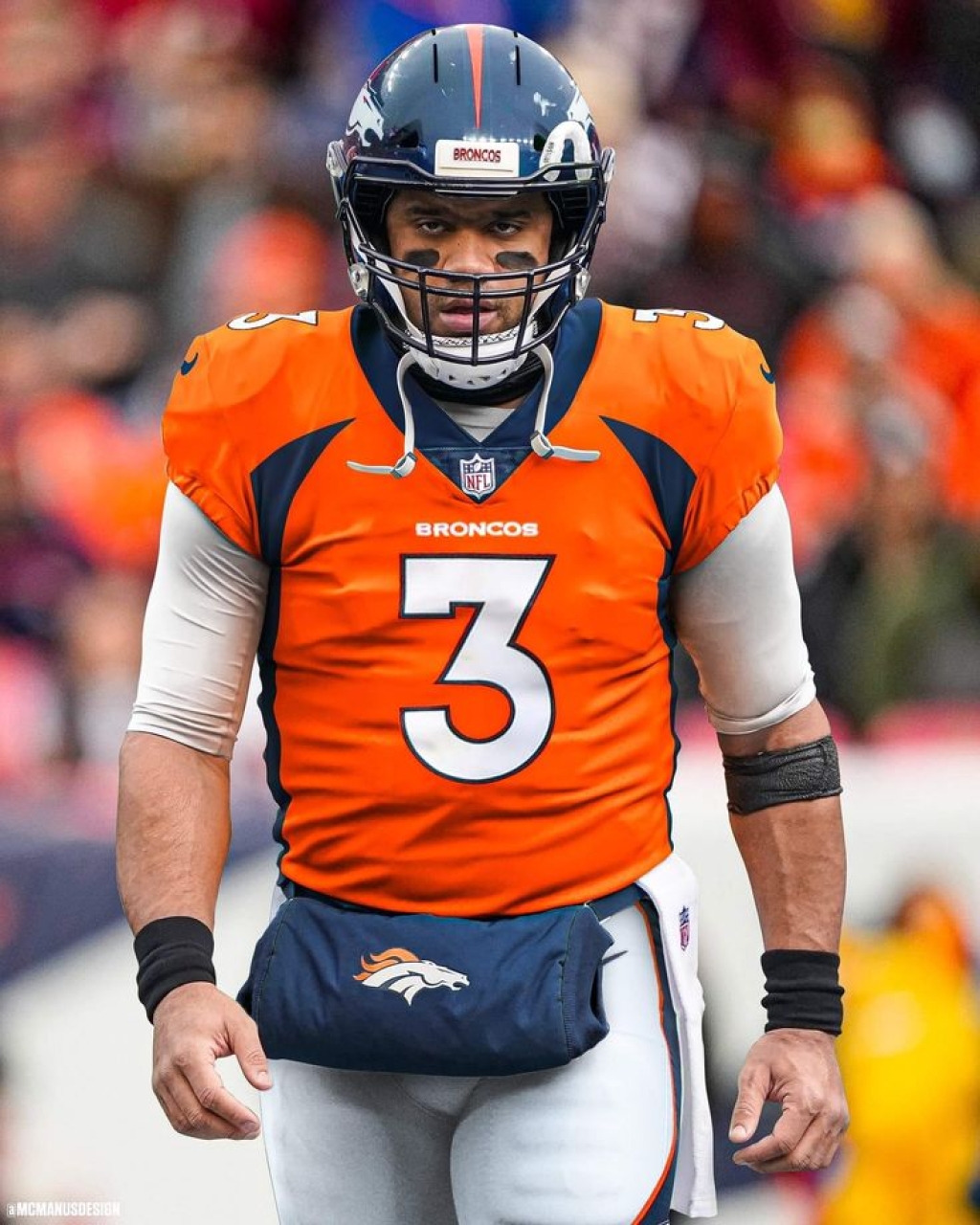150 Active Potential Football Hall of Famers
Welcome to the Notinhalloffame.com Pro Football Hall of Fame Active Player Monitor!
Here is how it works:
Primarily, we look at how each player measures up to the last five players inducted at their position. This in itself is not so cut and dry. For example, some Linebackers are pass rushers, and some guard the interior. Some Defensive Backs also attack the Quarterback more than others. It is not a perfect system, but this is a work in progress, much like the Pro Football Hall itself.
Let’s get into the details.
We use different quantitative variables for each position. For the specifics of each one, click on the desirable position. Please note that we do not take into account Senior Inductees, as their era does not often reflect the modern one. With the ever-changing game on the gridiron, even the last five inductees’ stats may not reflect the current players.
For example, the offensive game has flourished, and Quarterbacks are far more protected. The middle group of Quarterbacks now has numbers comparable to those of the elite generation before. The rushing game is less featured, and elite corners are tested less, and so on. Nevertheless, we do the best we can!
We also look at MVP, DPOY, and OPOY votes, but we recognize that our aggregate is the AP version.
We are also looking at peak periods and do that with each player’s five-year era of dominance. We call this the Terrell Davis Rule. In Davis’ Hall of Fame resume, you see that he was an elite player for three seasons and was the difference maker in aiding the Denver Broncos to win their first two Super Bowls. The induction of Davis and others with similar careers (like Gale Sayers) shows that the Pro Football Hall of Fame recognizes bursts of excellence over years of above-average consistency.
While the above will be recognized, we also acknowledge that injuries and general off-years take place, so in some cases, the five-year period may encompass two different chunks of time. There will, however, not be a period where the five-year split will be “one year and four.” It will always be “two years and three.”
Some of the ranked have not yet played for five years, so their peaks are incomplete.
Here is another BIG rule of this list:
This ranking is not based on perceived potential. That does play a small part, but we never know when a career can abruptly end. Consider this list as if their playing career was over, and for some of these names, it very well may be.
Please note that this list was created at the beginning of the 2024 NFL Season. It will be updated after the season concludes and all awards are handed out.

Quarterbacks (19)
Troy Aikman (2006), Brett Favre (2016), Peyton Manning (2021) Dan Marino (2005), Kurt Warner (2017), Steve Young (2005).

Running Backs (13)
Jerome Bettis (2015), Terrell Davis (2017), Edgerrin James (2020), Curtis Martin (2012), LaDainian Tomlinson (2017).

Wide Receivers (21)
Isaac Bruce (2020), Andre Johnson (2024), Calvin Johnson (2020), Randy Moss (2018), Terrell Owens (2018)

Offensive Linemen (22)
Tony Boselli (2022), Alan Faneca (2021), Steve Hutchison (2020), Kevin Mawae (2019), Joe Thomas (2023)

Defensive Linemen/Linebackers: Pass Rushers/EDGE (30)
Dwight Freeney (2024), Julius Peppers (2024), Richard Seymour (2022), DeMarcus Ware (2023), Bryant Young (2022)

Defensive Lineman/Linebackers Interior Lineman (17)
Ray Lewis (2018), Sam Mills (2022), Zach Thomas (2023), Brian Urlacher (2018), Patrick Willis (2024)

Cornerbacks (15)
Champ Bailey (2019), Ty Law (2019), Ed Reed (2019), Charles Woodson (2021), Darrelle Revis (2023) & Ronde Barber (2023)

Kickers & Special Teams (4)
Note that over the last fifteen years, there was only one Place Kicker and Punter and no Special Teamers, thus we elected not to feature that average and input based on our elective opinion.

Safeties (12)
Steve Atwater (2020), Troy Polamalu (2020), Brian Dawkins (2021) & Leroy Butler (2022)


